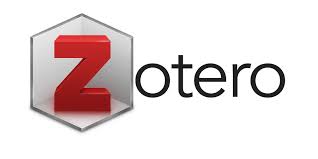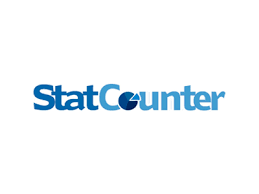Penggunaan Power Point Game pada Materi Persegi Panjang Kelas VII SMP Muhammadiyah Pagaralam
DOI:
https://doi.org/10.29240/ja.v1i2.966Keywords:
Power Point Game, Rectangular, Outcomes of GradeAbstract
The purpose of this study was to find out the learning outcomes of students after the use of Power Point Game on the study of Rectangles in class VII of Pagaralam Muhammadiyah Middle School. The design used in this study is a one shoot case study which is an experiment that is implemented without using a companion group. This study was only conducted in class VII 4, which amounted to 31 people. Based on the data analysis, the results of the post test were obtained with a class average value of 82.8. Thus it can be concluded that the use of Power Point learning media games on rectangular material can improve the learning outcomes of Grade VII students at Muhammadiyah Middle School Pagaralam.
Downloads
References
Arikunto, S. (2010). Prosedur Penelitian Suatu Pendekatan Praktik. Jakarta: Rineka Cipta.
Oktaviani, S. (2017). Journal Penggunaan Power Point Game Pada Pembelajaran Lingkaran Di Kelas VIII SMP Negeri 1 Tanjung Raja.
Rahayu, C., Putri, R., Zulkardi, & Hartono2, Y. ((2019)). ICT On Mathematics Learning Process At Pagaralam Elementary School. Journal of Physics, 1188.
Ruseffendi. (2006). Pengantar Kepada Membantu Guru Mengembangkan Kompetensinya dalam Pengajaran Matematika untuk Meningkatkan CBSA. Bandung: Tarsito.
Sugiyono. (2012). Metode Penelitian Kuantitatif Kualitatif dan R&B . Bandung: Alfabeta.
Downloads
Published
Issue
Section
Citation Check
License
Authors who publish with ARITHMETIC: Academic Journal of Math agree to the following terms:
- Authors retain copyright and grant the journal right of first publication with the work simultaneously licensed under a Creative Commons Attribution-NonCommercial-ShareAlike 4.0 International License (CC BY-NC-SA 4.0) that allows others to share the work with an acknowledgment of the work's authorship and initial publication in this journal.
- Authors are able to enter into separate, additional contractual arrangements for the non-exclusive distribution of the journal's published version of the work (e.g., post it to an institutional repository or publish it in a book), with an acknowledgment of its initial publication in this journal.
- Authors are permitted and encouraged to post their work online (e.g., in institutional repositories or on their website) prior to and during the submission process, as it can lead to productive exchanges, as well as earlier and greater citation of published work (See The Effect of Open Access).








